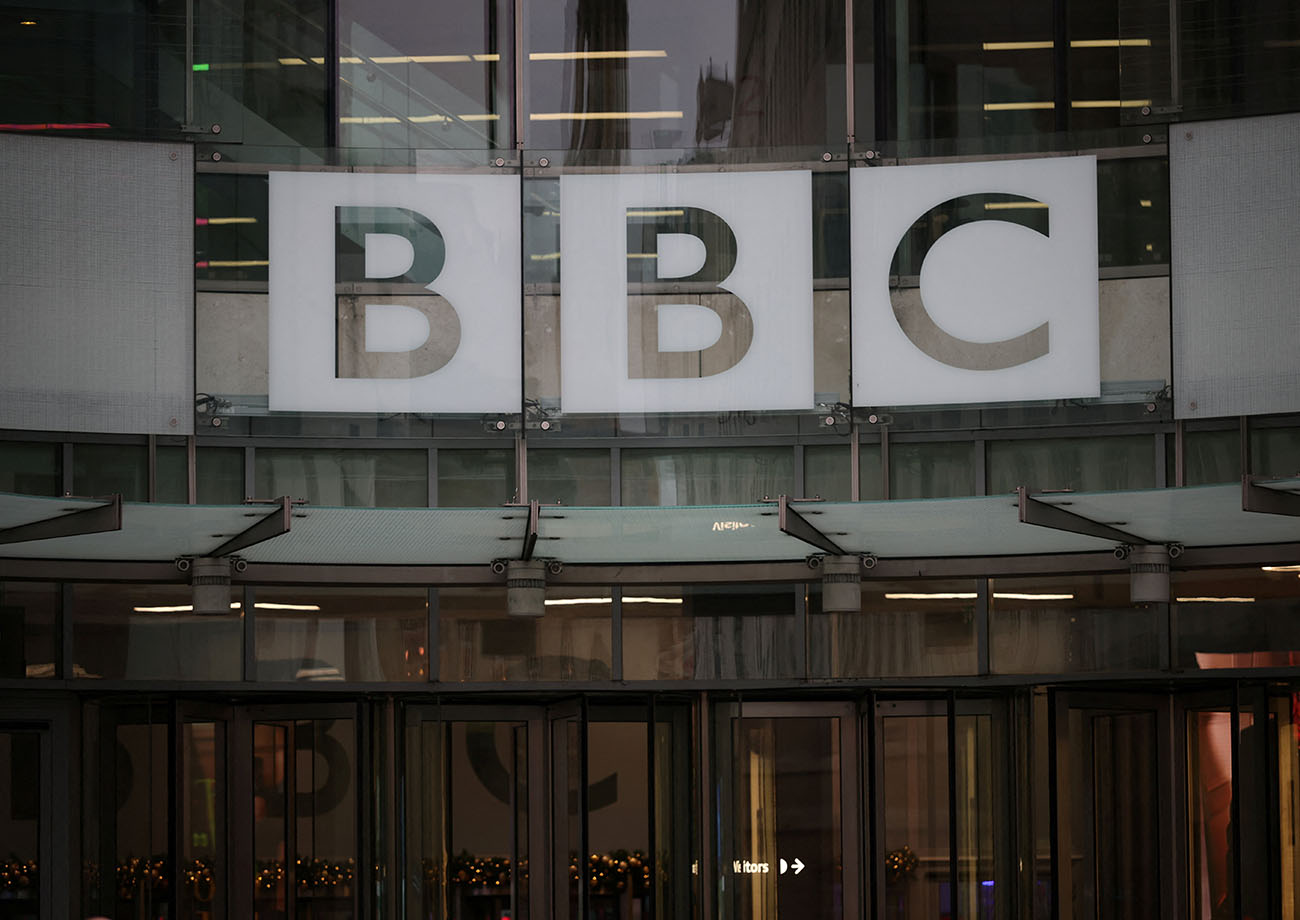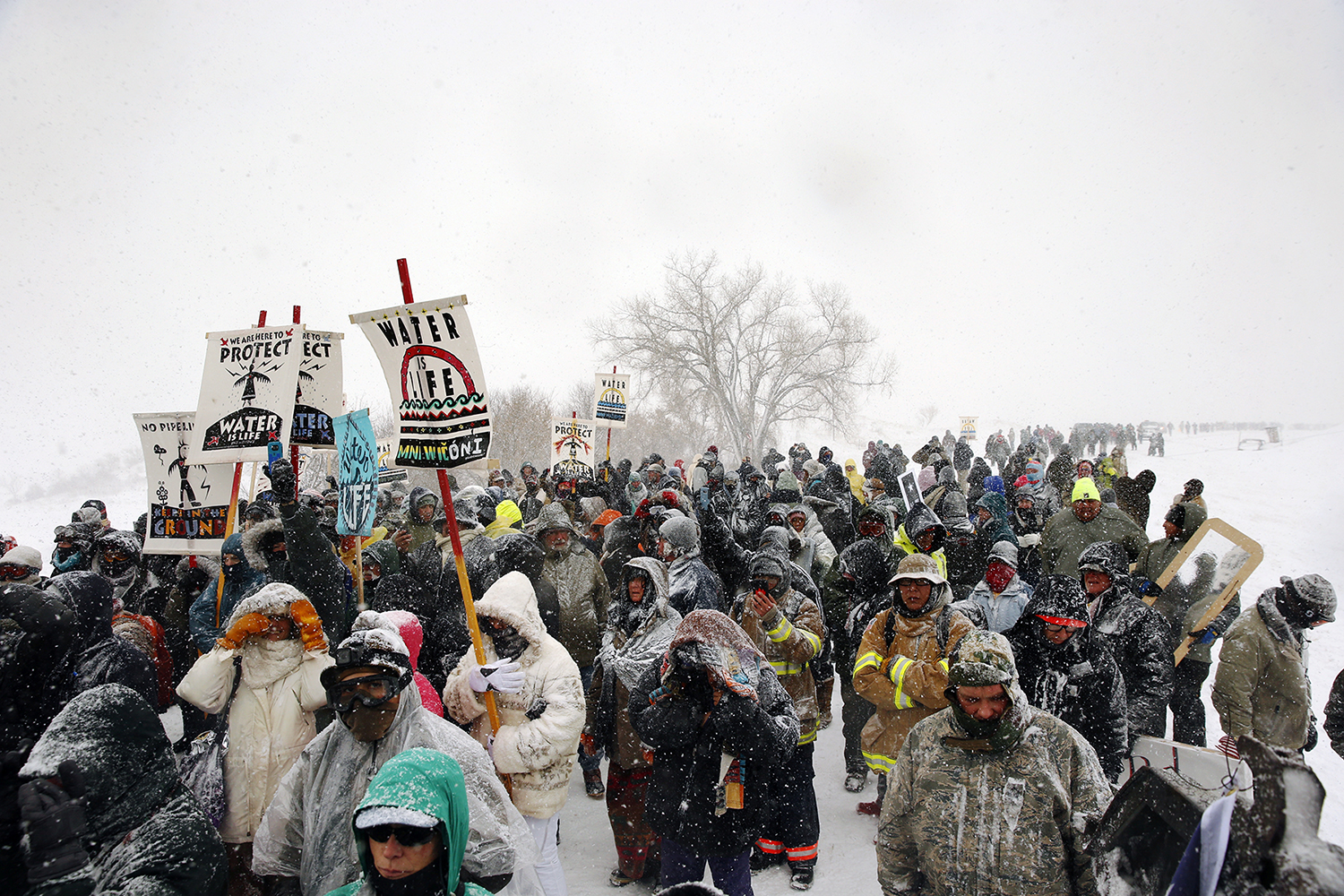The Newseum Institute’s First Amendment expert, Gene Policinski, originally published this commentary on the Newseum blog, and has given First Amendment Watch permission to reprint.
Making it easier to sue people for libel is not a good idea — for our democracy in general, and even for President Trump and a few of his personal lawyers, in particular.
Trump has railed against existing legal protections, most recently following the publication of journalist Michael Wolff’s searing book “Fire and Fury: Inside the Trump White House.” On Wednesday, Trump said he will take a “strong look” at the country’s libel laws because they are a “sham and a disgrace and do not represent American values and American fairness.”
Just hours earlier, Trump’s personal attorney Michael Cohen sued BuzzFeed Inc. and consulting firm Fusion GPS for defamation, claiming they had made unproven or erroneous allegations about him in a controversial “Russia dossier” compiled by Fusion and later published by BuzzFeed.
The laws that Trump wants to tinker with are rooted in a 1964 U.S. Supreme Court decision, New York Times v. Sullivan, which protects critics of public officials, even if their offending speech contains error — as did the newspaper advertisement at the heart of that legal dispute.
Most certainly that decision and others that followed it are not license to fabricate and defame without concern. The Times v. Sullivan decision stakes out conditions in which defamatory material is not protected: Material disseminated with “malicious intent”— that is, with the knowledge it is false — or with reckless disregard of whether it was false or not.
But absent those circumstances, the Court said, the need for a democracy to have an “uninhibited, robust and wide open” discussion on matters of public interest requires that we accept that those discussions likely will contain “vehement, caustic and sometimes unpleasantly sharp attacks on government and public officials.”
“I consider [the book] a work of fiction,” Trump told reporters on Jan. 6, at a meeting at Camp David, Md. “The libel laws are very weak in this country. If they were strong, it would be very helpful. You wouldn’t have things like that happen where you can say whatever comes to your head.”
Actually, the very point of the First Amendment’s protection for free speech and a free press is that we get to say “whatever” comes into our heads, with very few restraints, without fear of being prevented or punished by the government. The Sullivan standard accepts inadvertent error in the effort to inform citizens on matters of public interest.
In response to Cohen’s lawsuit, a spokesman for BuzzFeed said that “The dossier is, and continues to be, the subject of active investigations by Congress and intelligence agencies. It was presented to two successive presidents, and has been described in detail by news outlets around the world. Its interest to the public is obvious.” The spokesman added, “This is not the first time Trump’s personal lawyer has attacked the free press, and we look forward to defending our First Amendment rights in court.”
Cohen relies, ironically, on the very standard in Sullivan that Trump would alter or remove: That the material in the dossier was published with knowledge that it was false.
As has been noted by many experts following Trump’s multiple threats to change libel law, it isn’t possible to make changes with the stroke of a presidential pen, or even an act of Congress. Libel laws are state laws, so changes would have to take place in 51 sets of statutes (including Washington, D.C.), through a Supreme Court decision, or through constitutional changes. Neither is likely.
The best tactic in defending Trump against the criticism in Wolff’s book or the allegations in the Fusion dossier may well be to use the power already in the hands of Trump and his cohorts: The power public officials have to respond effectively to negative and damaging comments (which is so much more than that of non-celebrities that in Times v. Sullivan public officials – and later all public figures – were granted less protection against such comments).
Clearly, Trump and his legal representatives have plenty of means to counter virtually any allegation, including Tweet storms, via sympathetic news outlets, and from the daily platform of the White House briefing room.
In other words, Trump can use the “Bully Pulpit” that is the White House — and, if you will, the “Bully Tweets” that he relies on so much. He shouldn’t try to silence the news media for reporting what the public needs to know, but instead encourage journalists to report the claims on all sides, including his own.
Trump needs to join in the “uninhibited, robust and wide open” discussion that is democracy’s lifeblood, rather than trying to silence others in this ongoing national conversation.
Tags



